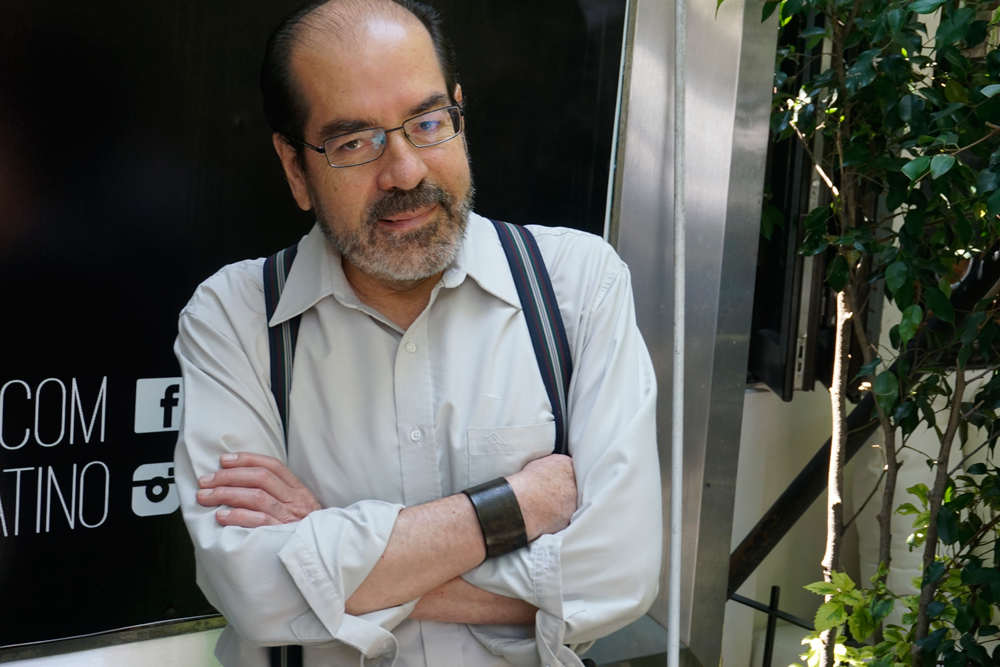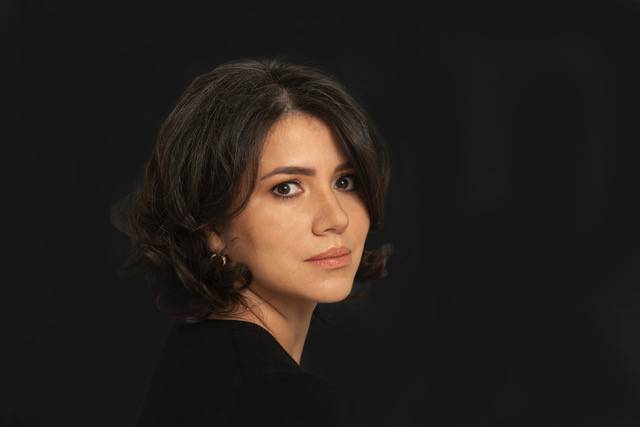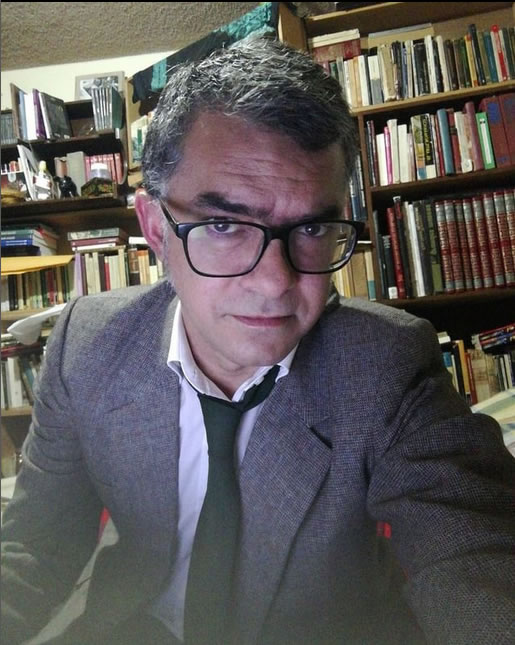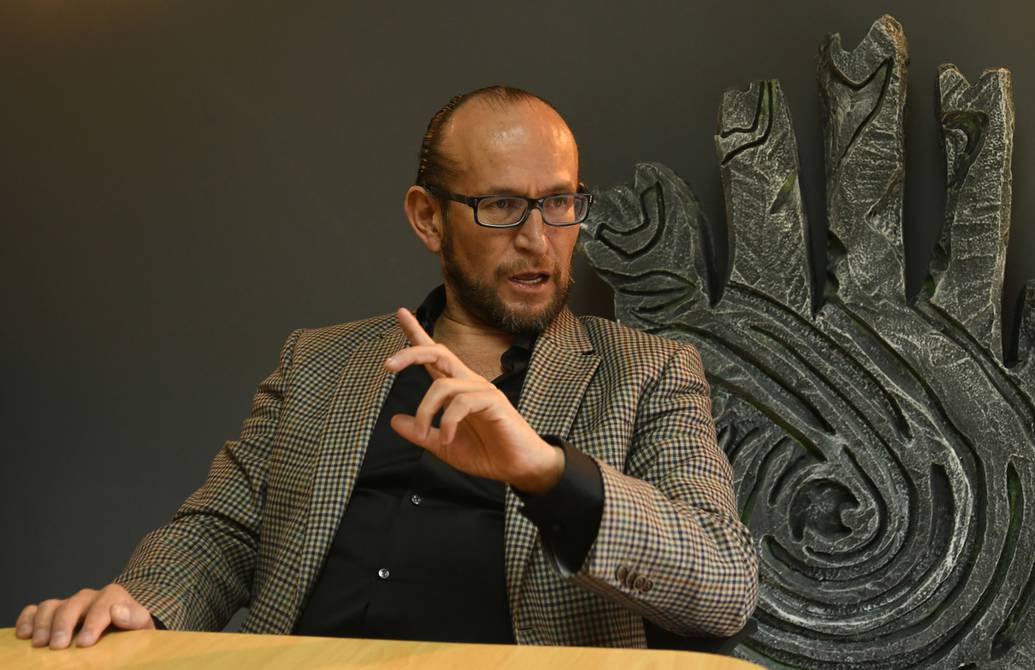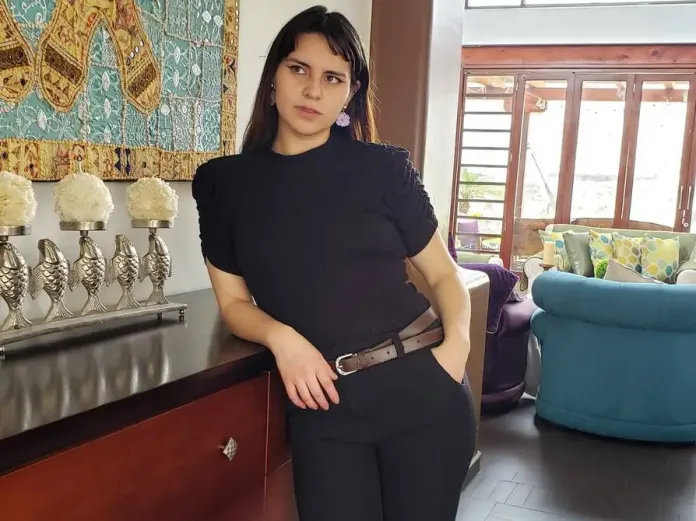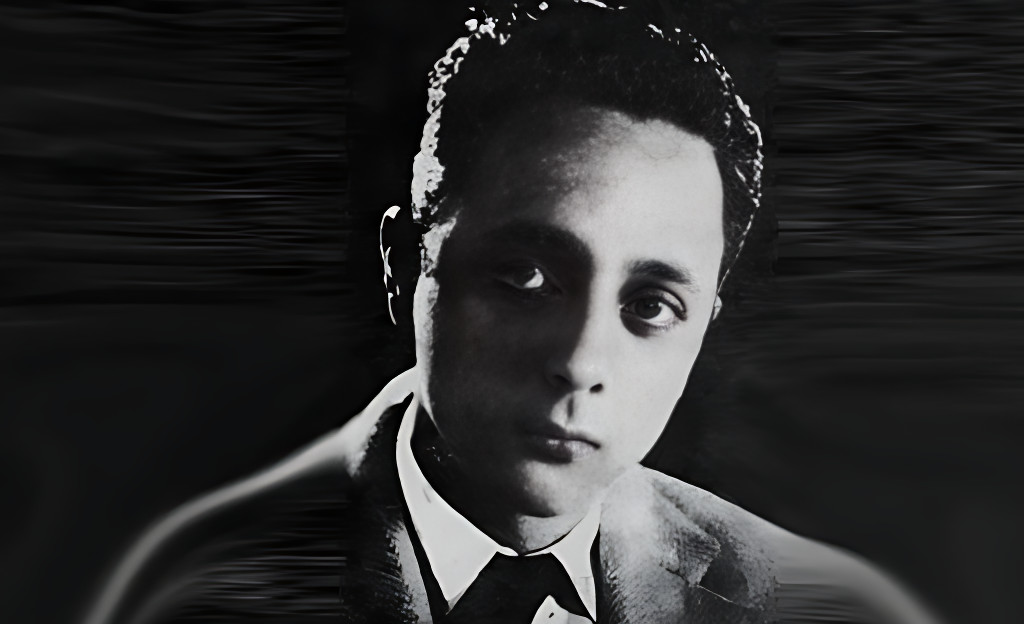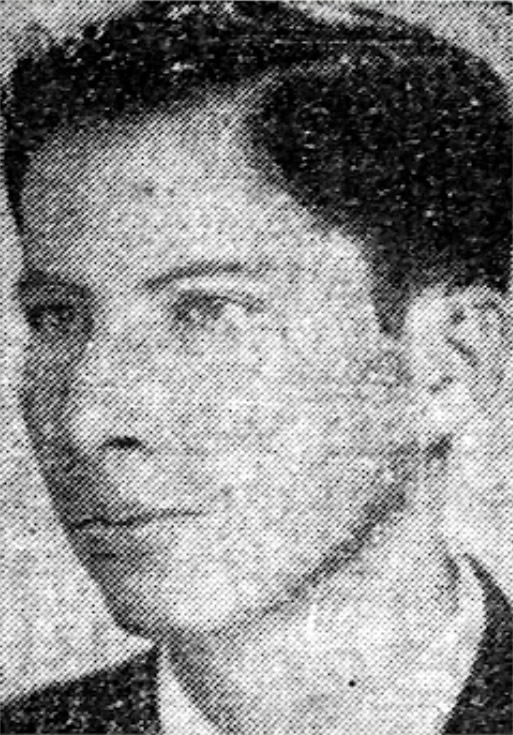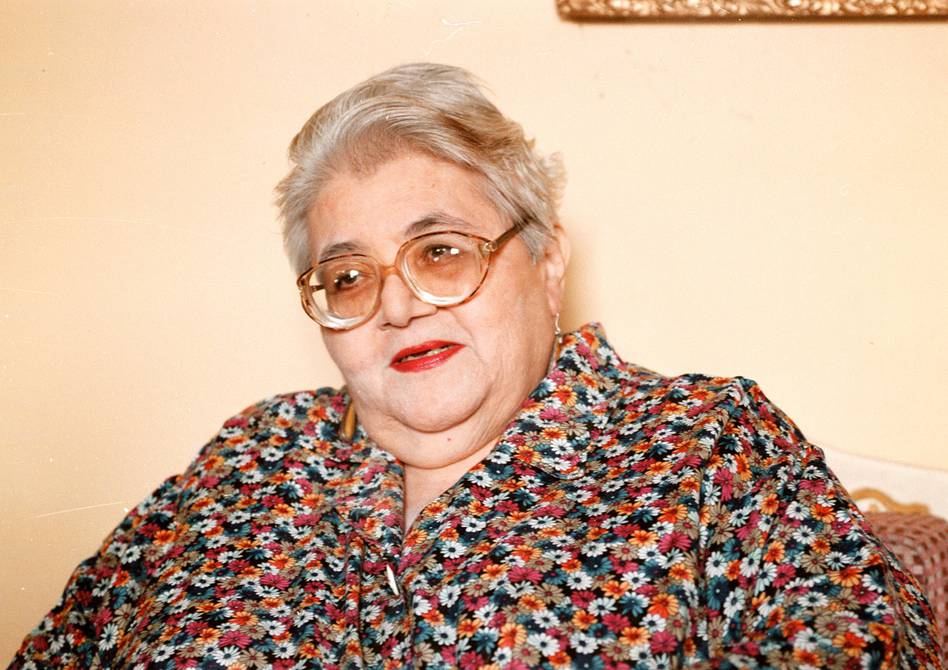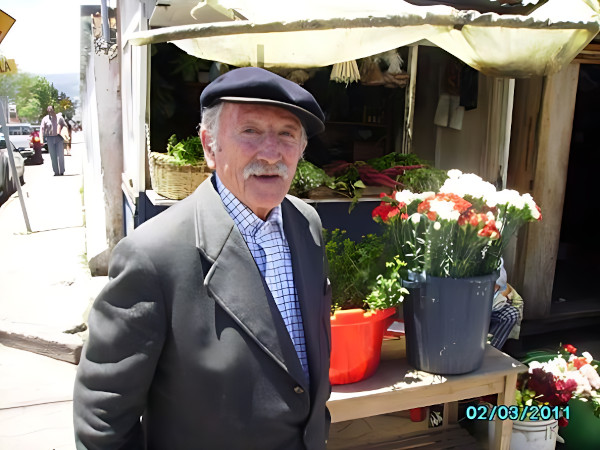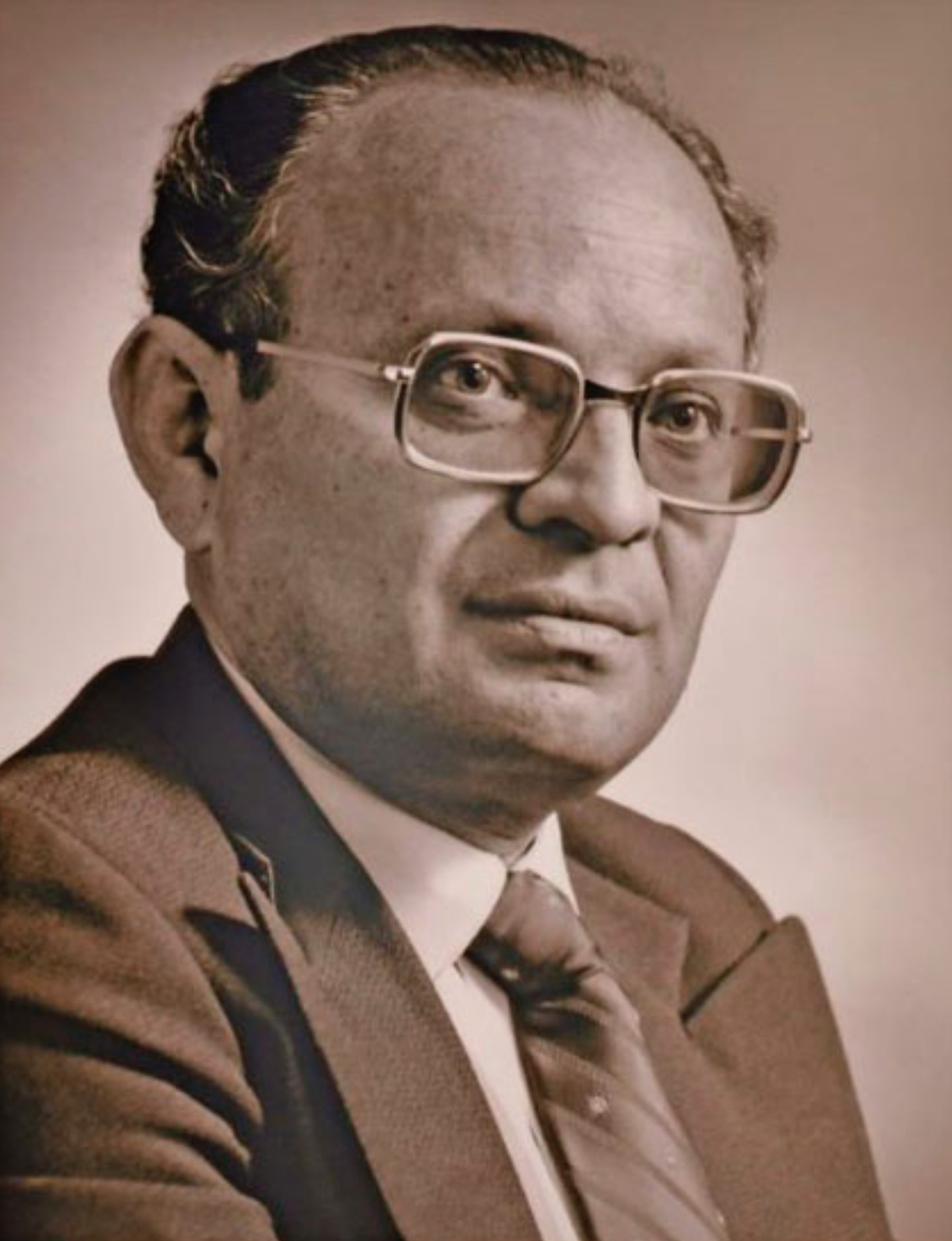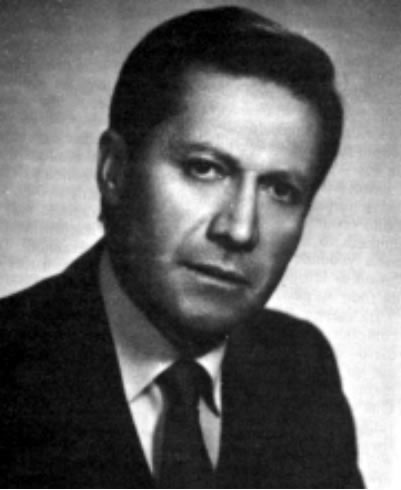Vladimiro Rivas Iturralde (Latacunga, June 5, 1944) is an Ecuadorian novelist, short story writer, biographer, opera critic, essayist, editor, translator, and award-winning university professor. He has been a resident of Mexico since 1973 and also holds Mexican citizenship. Since its establishment in 1974, he has been a professor at the Azcapotzalco Metropolitan Autonomous University in Mexico City. He has produced eight collections of short stories, two novels, and five nonfiction books. Some of his work has been translated to English, French, German, Italian, Portuguese and Bulgarian. He has also been the editor of anthologies of Ecuadorian writers, such as the acclaimed “Cuento ecuatoriano contemporáneo,” which was released in Mexico in 2001 and promptly translated into English as “Contemporary Ecuadorian Short Stories” in 2002.
Continue reading “Vladimiro Rivas”Author: richard
Margarita Borja
Margarita Borja (Quito, 1983) is an Ecuadorian writer, journalist, translator, and literary critic. She has lived in Leipzip, Germany since 2007, where her daughters were born and raised. Since 2012 she has written an international opinion column for the Ecuadorian newspaper El Universo. In 2015, she published a collection of 32 of her opinion columns as a book, “Una latina en Alemania: historias de dos mundos” [A Latina in Germany: Stories of Two Worlds]. Her articles have appeared in numerous publications.
Continue reading “Margarita Borja”Sabrina Duque
Sabrina Duque (Guayaquil, 1979) is an award-winning Ecuadorian journalist, writer, and translator. She was a finalist for the 2015 Gabriel García Márquez Journalism Prize in the Text category for her work “Vasco Pimentel, el oidor.” In 2017, she published “Lama,” a non-fiction account of the survivors of Bento Rodrigues and Paracatú de Baixo, communities in central Brazil devastated by a flood of toxic mud from a mining dam failure. She won the The Michael Jacobs Prize for Travel Writing in 2018 for her book “VolcáNica.” She has lived in Portugal, Costa Rica, Brazil, and Nicaragua, where she conducted research on active volcanoes, and she now resides in the United States. Some of her work has been translated into English, Italian and Portuguese.
Continue reading “Sabrina Duque”Esteban Poblete Oña
Esteban Poblete Oña aka E. Plobete (Quito, 1979) is an Ecuadorian novelist, short story writer, and poet. In 2017 he published his debut novel “El ojo a través de la calavera.” In 2021 he published the novels “Tres cantos fúnebres para Ella” and “Tremolar” which are part of a tetralogy named “Tetralogía de Q.” Its next 2 books, “El celo de los malditos” and “El Dragón en la Flor,” are expected for release in 2022.
Continue reading “Esteban Poblete Oña”Efraín Villacís
Efraín Villacís (Quito, 1966) is an Ecuadorian novelist, short story writer, playwright, editor, and literary critic. His fiction stories and essays have been published in magazines within and outside of Ecuador. As a literary critic and essayist, he has authored prologues and essays about numerous authors, including Teresa de la Parra, Enrique Gil Gilbert, Erasmo de Roterdam, José Rafael Bustamante, José de la Cuadra, and Mary Shelley. His theater play, “Contrato,” premiered in 1999. He released his debut novel, “La sonrisa hueca del señor Horudi,” in 2018. His latest novel, “Ciudad Jenga,” was published in 2020.
Continue reading “Efraín Villacís”Andrea Rojas Vasquez
Andrea Rojas Vasquez (Loja, November 26, 1993) is an Ecuadorian poet. Her first poetry collection, “Matar a un conejo” [To Kill a Rabbit], was published in 2020. Her second book, “Llévame a casa, por favor” [Take Me Home, Please], was published in 2021. Her poetry entry, “Llámame Ismael” [Call Me Ishmael], was awarded the 2021 best poetry prize at the Ileana Espinel Cedeño International Poetry Festival held in Guayaquil.
Continue reading “Andrea Rojas Vasquez”David Ledesma Vásquez
David Ledesma Vásquez (Guayaquil, December 17, 1934 – March 30, 1961) was an Ecuadorian poet, writer, journalist, stage actor, and radio drama and radio soap opera actor. Although his work went unnoticed for several years after his death, it eventually acquired a cult following. He belonged to Club 7, a group of poets from the port city of Guayaquil in the 1950s. He committed suicide by hanging at the age of 27 in 1961. He left behind several unpublished works, including one ominously titled “La risa del ahorcado” [The Hanged Man’s Laugh]. Ileana Espinel Cedeño, a fellow Club 7 member, oversaw the posthumous publication of his poetry collection “Cuaderno de Orfeo” [Orfeo’s Notebook] in 1962.
Continue reading “David Ledesma Vásquez “Club 7 (Group of poets from 1950s Guayaquil, Ecuador)
Club 7, or Club Siete, was a significant group of poets formed in Guayaquil, Ecuador, and active from 1951 to 1962. The origin of the group’s name, Club 7, can be traced back to its initial formation with seven members: David Ledesma Vázquez, Gastón Hidalgo Ortega, Carlos Benavides Vega, Ileana Espinel Cedeño, Sergio Román Armendáriz, Carlos Abadíe Silva, and Miguel Donoso Pareja. However, the group experienced a change in dynamics when it became known that Ledesma and Benavides were homosexual. As a result, Donoso and Abadíe decided to leave the group. Despite this loss, the remaining five members continued their collaboration and published an anthology titled “Club 7” in 1954. In 1960, three of the members, Ledesma, Román, and Espinel published another collection called “Triángulo,” showcasing their continued literary endeavors.
Continue reading “Club 7 (Group of poets from 1950s Guayaquil, Ecuador)”Gastón Hidalgo Ortega
Gastón Hidalgo Ortega (Guayaquil, March 19, 1929 – January 5, 1973) was an Ecuadorian poet and member of Club 7, a poets’ group in Guayaquil in the 1950s. His poems can be found within the books “Club 7” (1954) and “33 poemas universitarios” (1955), both of which were compilations of poetry by various authors. His poems were also published in various magazines such as Cuadernos del Guayas, Ateneo Ecuatoriano, Letras del Ecuador, as well as the newspaper La Nacion from La Paz. During his lifetime he did not publish a collection of his own. In 1990, the House of Ecuadorian Culture published a posthumous collection of his poems, “Colección de poesía ecuatoriana: La rosa de papel, 25,” compiled by fellow Club 7 member Ileana Espinel. He worked as an editorial proofreader at the House of Ecuadorian Culture in Guayaquil. He died at age 44.
Continue reading “Gastón Hidalgo Ortega”Ileana Espinel Cedeño
Ileana Espinel Cedeño (Guayaquil, October 31, 1933 – Guayaquil, February 21, 2001) was an Ecuadorian poet, journalist, and editor, recognized as one of the most important voices in Ecuadorian literature. She was the only female member of the influential Club 7 poetry group and became the first woman to join the House of Ecuadorian Culture. Espinel was known for her lyrical and politically engaged poetry, publishing notable works like Piezas Líricas (1957) and Arpa Salobre (1966). Her work has been translated into several languages, and her legacy continues through the annual International Poetry Festival that bears her name in Guayaquil.
Continue reading “Ileana Espinel Cedeño”César M. Ayala Paredes
César M. Ayala Paredes aka César Ayala (1923) is an Ecuadorian poet and short story writer. He is known as The Soldier Poet because he served in Ecuador’s armed forces and in 1955 he published a book of poems titled “Los poemas del soldado” [The Soldier’s Poems]. In 2003, the House of Ecuadorian Culture published his short story collection, “Vernissage.” He has earned various awards for his works.
Continue reading “César M. Ayala Paredes”Guillermo Ríos Andrade
Guillermo Ríos Andrade (Ambato, November 10, 1924 – September 19, 2018) was an Ecuadorian poet and an active member of the House of Ecuadorian Culture, which published several of his poetry collections, including: “La aurora no es de todos” (1961), “La raíz del alba” (1972), and “Un eclipse total” (1974). At least two schools in Ecuador’s Pichincha province bear his name. The Mexican writer Alfonso Reyes, who the Argentine writer Jorge Luis Borges called “the greatest prose writer in the Spanish language,” was a great admirer of Ríos’ poetry and wrote articles about him.
Continue reading “Guillermo Ríos Andrade”César Dávila Torres
César Dávila Torres (Ibarra, 1932 – 2013) was an Ecuadorian poet, writer, lawyer, jurist, and university professor. He is cosidered one of the most notable writers of his generation. In 1955, he published his first poetry book, “Los hijos de la tierra.” In 1969, a collection of his poems was published in “Poesía junta” (a new edition was published in 2018 by the House of Ecuadorian Culture in Imbabura). In 2018, Dávila’s family gave the Aurelio Espinosa Polit Ecuadorian Library (BEAEP) around 7,500 books belonging to Dávila’s library, in addition to some of his personal belongings.
Continue reading “César Dávila Torres “Alfonso Barrera Valverde
Alfonso Barrera Valverde (Ambato, 1929 – September 6, 2013) was an Ecuadorian diplomat, poet, novelist, and non-fiction writer. Some of his notable works include his account of the Paquisha conflict, “Hombres de paz en lucha” (1982), the novel “Sancho Panza en América” (2005), and the children’s novel “El país de Manuelito” (1984). He served as ambassador to the Dominican Republic, Spain, Canada, Germany, and Argentina, and he also served as Ecuador’s Minister of Foreign Affairs.
Continue reading “Alfonso Barrera Valverde”Grupo Umbral [the Umbral Group]
Grupo Umbral [the Umbral Group] was a literary group founded in Quito in 1952 which included notable Ecuadorian authors such as Alfonso Barrera Valverde, César Dávila Torres, Eduardo Villacís, Eduardo Félix, Guillermo Ríos, Alicia Yánez Cossío, Walter Franco Serrano and César Ayala.
Continue reading “Grupo Umbral [the Umbral Group]”
